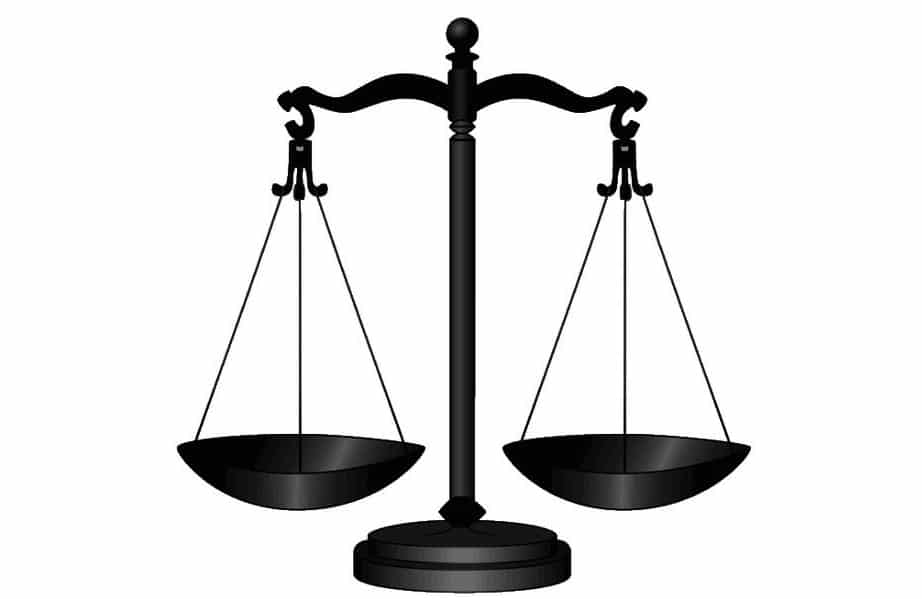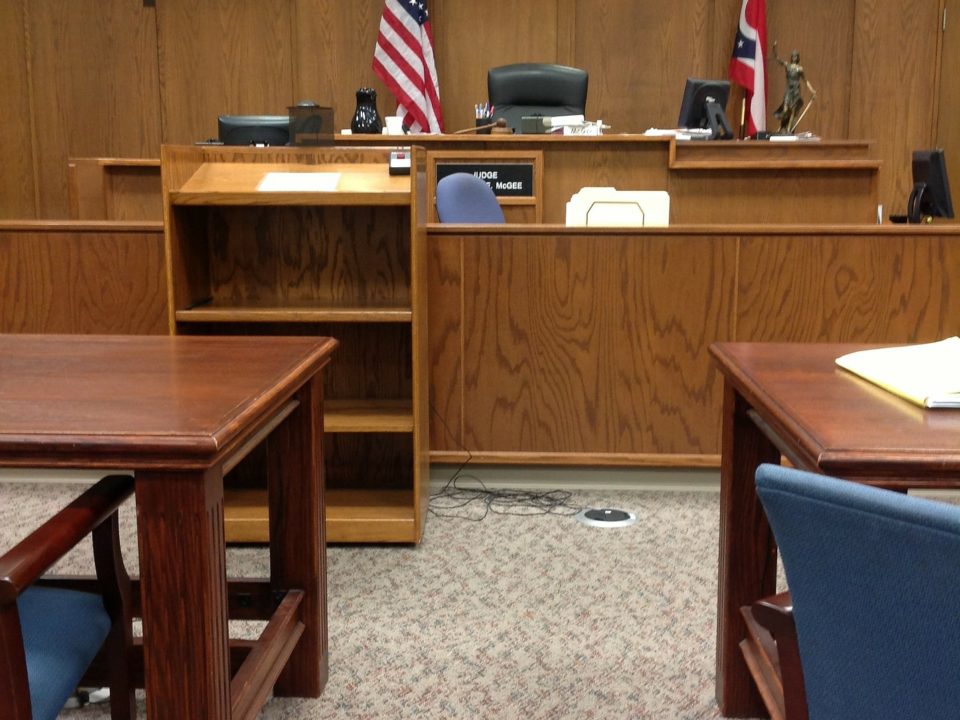“I have always found that mercy bears richer fruits than strict justice. ~Abraham Lincoln
The majority of cases make it to sentencing. The only ones that don’t are those with a Not Guilty verdict from a judge or jury, cases with plea bargains including a continuance for dismissal, and straight dismissals by the prosecutor or judge.
Sometimes, sentencings will occur at the time of the plea hearing because the defense attorney and prosecutor have agreed to all the terms and the judge isn’t going to deviate. Other plea bargains include some terms that are up for debate, need a pre-sentence investigation report (PSI or PSR), or the parties request time to submit a sentencing letter or sentencing memorandum. When a case ends in a Guilty verdict at trial, a sentencing hearing is typically scheduled for a later date.
The sentencing hearing is extremely important. It is the last time the judge has the power to affect your case. Once you are sentenced, you are likely in the hands of the Department of Corrections (probation or jail).
Most defense attorneys will ask you to obtain letters of support from family, friends, and co-workers saying how much you mean to them and how important you are to the community. Photos of you are also important. Most sentencing letters or sentencing memoranda will include a section of your biography. It is really the only chance the judge has to know the real you. The letter or memorandum will also likely include excerpts from the letters of support, showing the judge that you have people who will help you through this. Finally, the letter or memorandum will include your ideal sentence and an argument in support of the request.
For examples of successful sentencing by the Law Offices of Ryan Garry, see:
State v. T.J.
State v. J.H.S.



